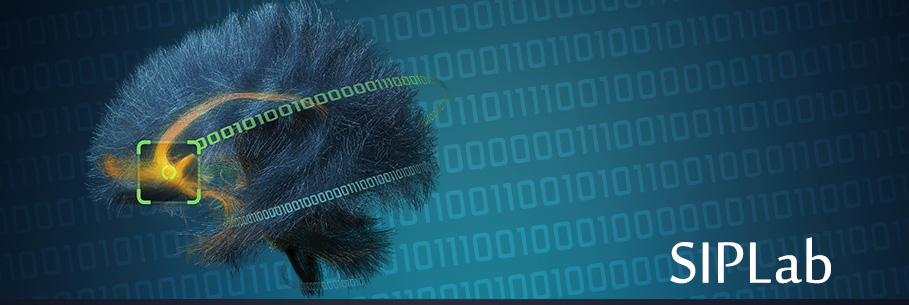what we do
Quantitative understanding of brain activity, the connection between the brain and the body, and the effects of neural stimulation are grand challenges with the potential for enormous societal impact. Simultaneous advances in neural interfacing and data science have created a remarkable opportunity to reshape the way we think about the brain in health and disease.
Our research focus is at the interdisciplinary intersection of neuroscience, data science, neuroengineering and cognitive science that aims to advance the understanding of brain function and the design of effective interventions.
Research in the Structured Information for Precision Neuroengineering Lab (SIPLab) uses a combination of novel human behavioral studies, multimodal data streams measurin ghte brain and body (including intracranial human neurophysiology), and advanced computational modeling to address this grand challenge. Our clinical focus is on advancing our understanding and therapeutic options for psychiatric disorders such as treatment resistant depression, especially through neurotechnology interventions such as deep brain stimulation. Scholarly activity in the SIPLab also includes research and creative work that advances our understanding of the societal impacts of neurotechnology and amplified lived experience voices.
Please see our publications for more information on the current research from our team.

